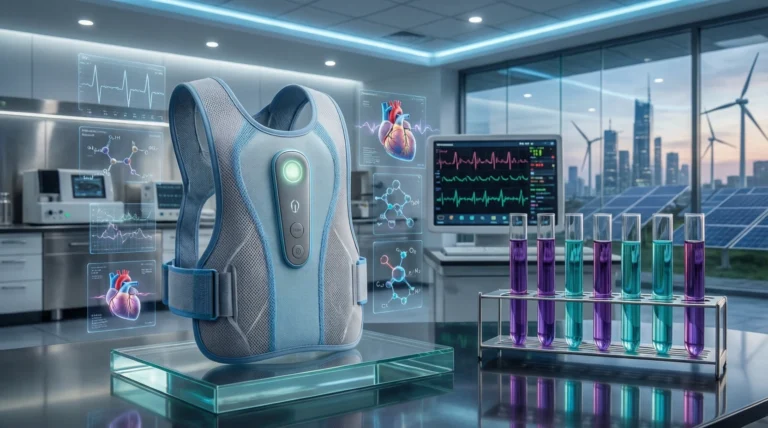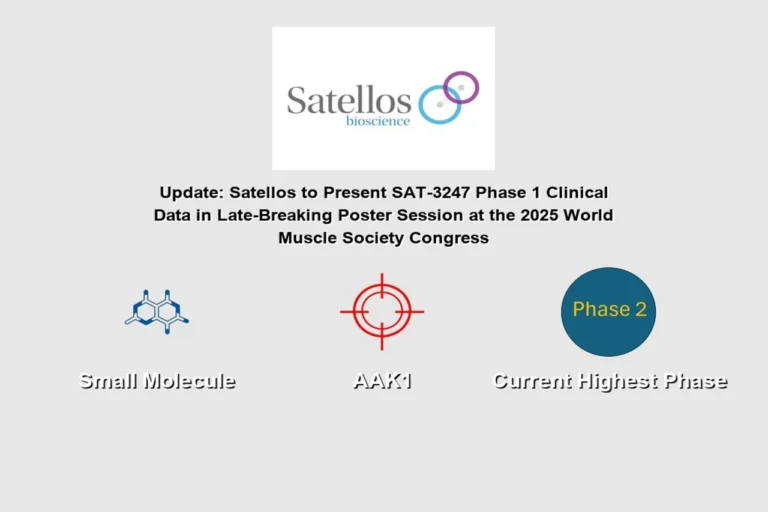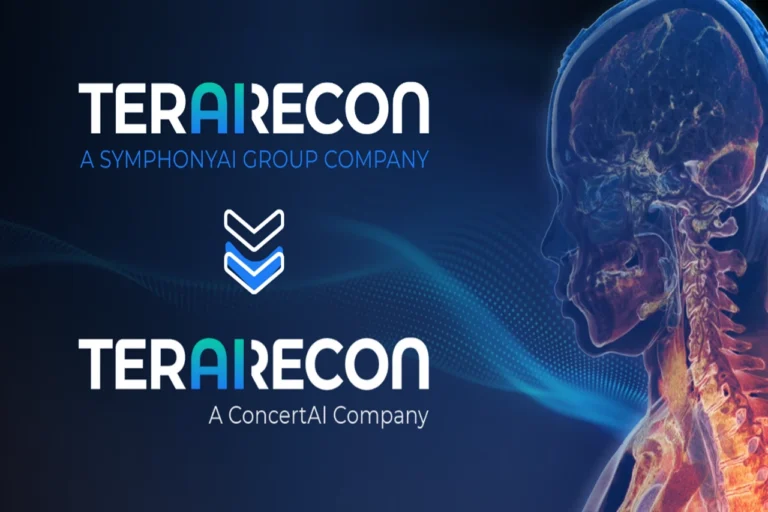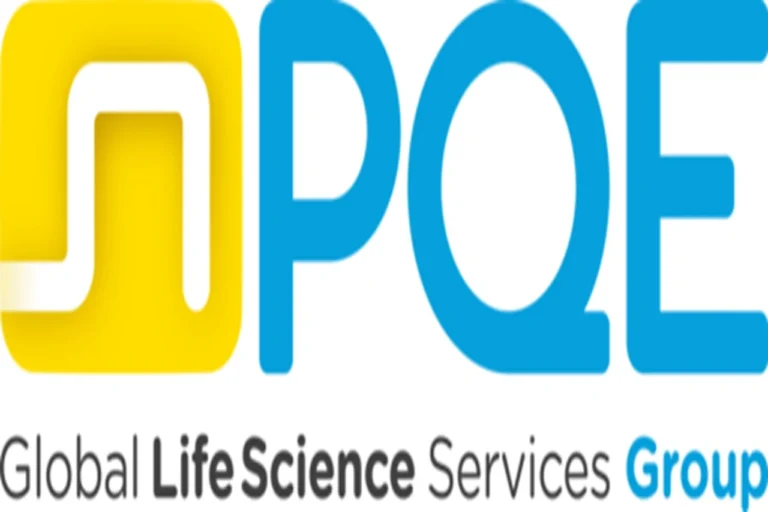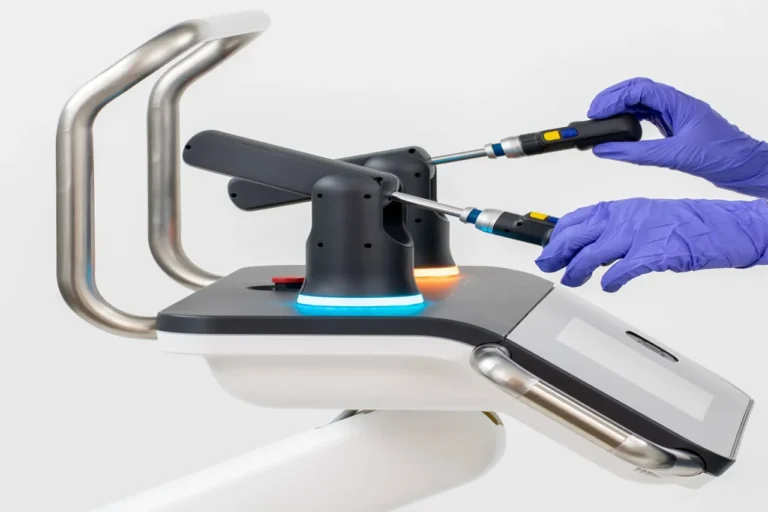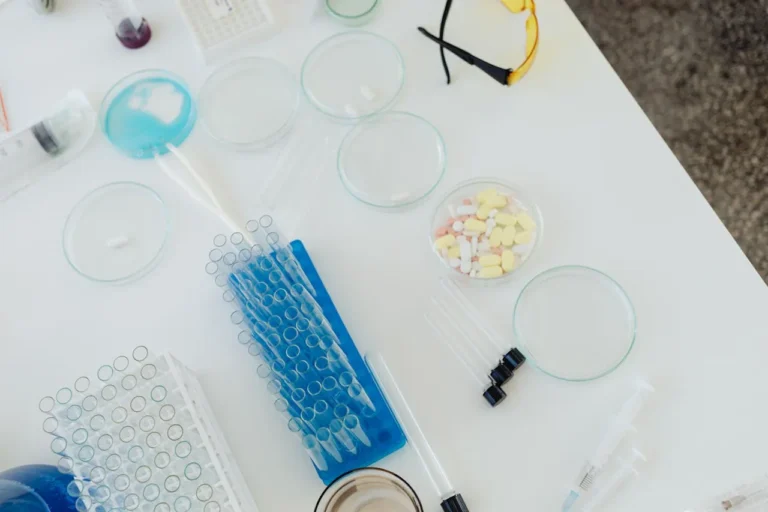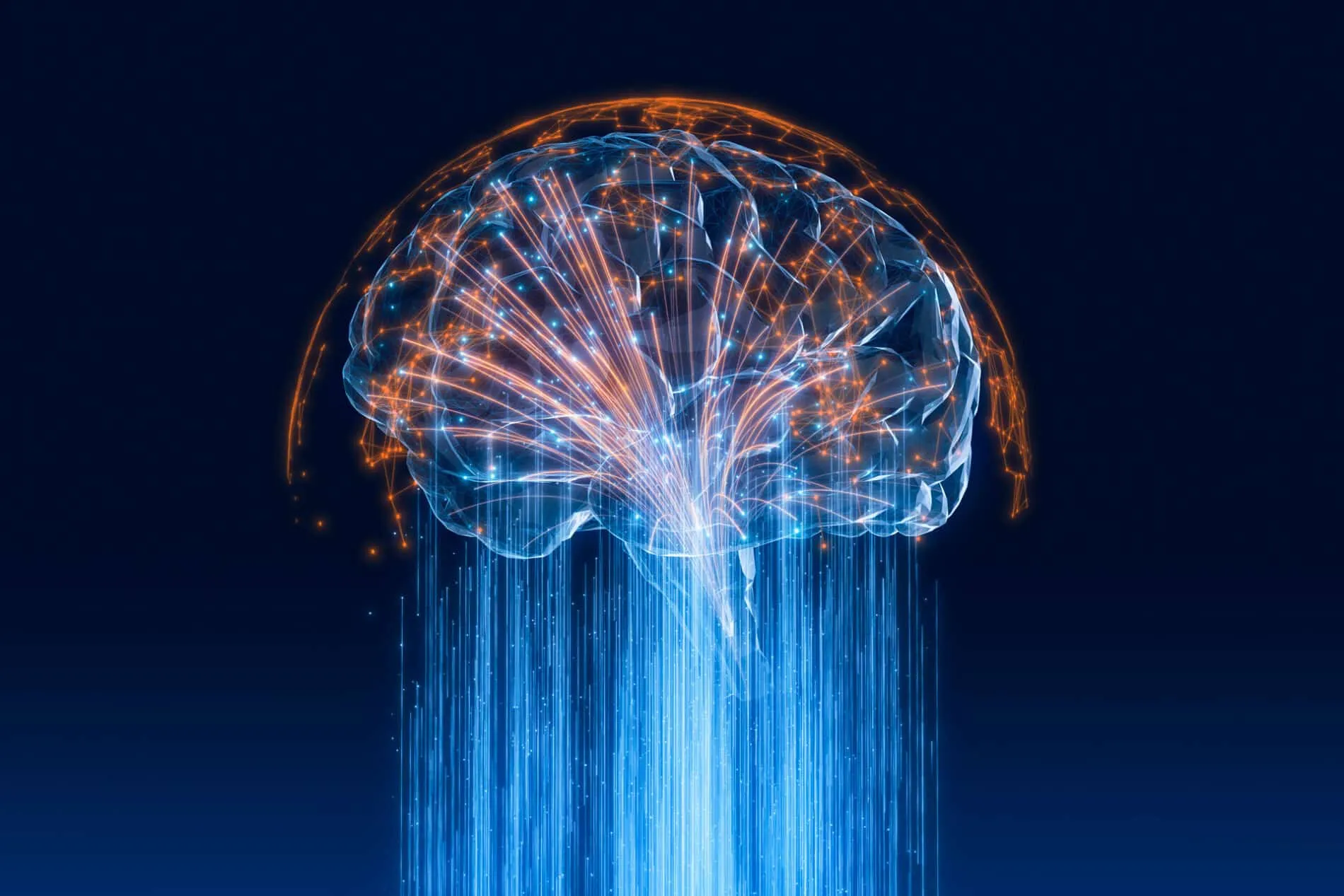
AskBio Publishes Full Phase 1b Results for AB-1005 Gene Therapy in Parkinson’s
AskBio a pioneering gene therapy company wholly owned and independently operated as a subsidiary of Bayer AG, has recently announced the full publication of the results from its Phase 1b clinical trial of AB-1005, an investigational gene therapy candidate for Parkinson’s disease (PD). AskBioThe findings were published in Movement Disorders, the official peer-reviewed journal of the International Parkinson and Movement Disorder Society, marking a significant step forward in the development of a potentially disease-modifying treatment for Parkinson’s disease.
AskBio AB-1005 is based on the gene delivery of glial cell line-derived neurotrophic factor (GDNF), a protein known for its neuroprotective and potentially neurorestorative properties. This investigational therapy is delivered directly to specific regions of the brain affected by Parkinson’s disease, aiming to protect and rejuvenate the dopamine-producing neurons that degenerate in PD.
AskBio Dr. Chad Christine, a Professor of Neurology at the University of California, San Francisco, and one of the publication’s authors, emphasized the importance of this development: “The exploration of the neurorestorative and neuroprotective potential of GDNF gene transfer is critical to advancing our understanding of AB-1005, which may one day be a groundbreaking treatment to slow the progression of Parkinson’s disease. These encouraging results support further evaluation of this therapy in a randomized trial.”
The Phase 1b study included 11 participants with mild to moderate Parkinson’s disease who received a single administration of AB-1005. Over an 18-month follow-up period, the therapy demonstrated a favorable safety profile with no serious adverse events attributed to the treatment. AskBio Clinical assessments revealed that individuals in the mild cohort exhibited numerical stability in motor function scores, while those in the moderate cohort showed improvements.
The study’s design incorporated both motor and non-motor function assessments. Notably, non-motor symptoms remained numerically stable across both cohorts throughout the 18-month period. Such stability, in the context of a progressive neurodegenerative disorder, is particularly meaningful, as it may suggest a potential to impact the underlying disease progression.
These findings build upon the data previously presented in April 2024 at the American Academy of Neurology (AAN) Annual Meeting, where early indicators of efficacy and safety were initially disclosed. The detailed results now published provide a comprehensive look at the sustained impact of AB-1005 over an extended period.
Dr. Lila Collins, Associate Director of Portfolio Development & Review at the California Institute for Regenerative Medicine (CIRM), commented on the implications of these results: “These results support the continued study of AB-1005 as a potential gene therapy to slow the progression of Parkinson’s disease. We are pleased to have supported this important trial and look forward to AskBio’s Phase 2 REGENERATE-PD results, which will provide additional insights into the durability of the clinical response and potential disease-modifying effect of AB-1005.”
CIRM has been a critical supporter of innovative therapies aimed at treating complex and currently incurable diseases like Parkinson’s. The Phase 1b trial was conducted with CIRM funding, further highlighting the public-private collaborations that drive advancements in regenerative medicine.
In February 2025, AB-1005 received the Regenerative Medicine Advanced Therapy (RMAT) designation from the U.S. Food and Drug Administration (FDA). This designation is granted to promising investigational therapies intended to treat serious or life-threatening conditions and provides benefits such as increased interaction with the FDA during development and potential eligibility for priority review and accelerated approval.
The RMAT designation underscores the FDA’s recognition of AB-1005’s potential to offer substantial improvements over existing therapies. It also reflects the growing body of evidence suggesting that gene therapy may become a viable option for patients with Parkinson’s disease.
AskBio is leveraging its proprietary technology platform and deep expertise in adeno-associated virus (AAV) vector design and manufacturing to develop AB-1005. The company has a longstanding commitment to the field of gene therapy and has advanced several programs targeting neurological, neuromuscular, and cardiovascular diseases.
Parkinson’s disease, a chronic and progressive movement disorder, affects millions of people worldwide and has significant impacts on quality of life. Existing treatments primarily focus on managing symptoms but do not address the underlying causes of the disease. As such, the development of therapies with the potential to modify the course of the disease is a critical unmet need.
AB-1005 represents one such approach. By delivering the GDNF gene directly into affected brain regions, the therapy aims to support the survival of dopaminergic neurons and restore function. The concept of neuroprotection and neurorestoration is central to the emerging paradigm in Parkinson’s treatment, and AB-1005 could be among the first therapies to substantiate this approach in clinical settings.
The REGENERATE-PD Phase 2 trial, which is currently in the planning and early execution stages, will provide a more definitive evaluation of AB-1005’s efficacy and safety. This randomized, controlled study is expected to enroll a larger number of participants and include rigorous endpoints to assess both clinical and functional outcomes.
Meanwhile, AskBio continues to engage with regulatory authorities, clinicians, and patient advocacy groups to ensure that the design and execution of the REGENERATE-PD study reflect the needs and expectations of the Parkinson’s community.
The broader gene therapy field has witnessed significant momentum in recent years, with several therapies gaining regulatory approvals for other indications. The success of AB-1005 would not only represent a milestone for Parkinson’s disease but also further validate the potential of gene therapy in treating neurodegenerative disorders.
AskBio’s mission to develop transformative therapies aligns closely with Bayer AG’s broader vision to shape the future of healthcare. As a wholly owned subsidiary of Bayer, AskBio benefits from the resources and global reach of a major life sciences company while maintaining operational independence that fosters innovation and agility.
The publication of the Phase 1b results in a high-impact, peer-reviewed journal such as Movement Disorders is a testament to the scientific rigor of the study and the relevance of the findings to the broader neurology community. It also highlights the increasing importance of transparent and accessible clinical data in advancing the field.
As the field of Parkinson’s research evolves, the potential of gene therapies like AB-1005 to alter the disease trajectory represents a beacon of hope for patients and families affected by this condition. The continued evaluation of such therapies in well-designed clinical trials will be essential to determine their role in the future standard of care.
In conclusion, the publication of the full Phase 1b trial results for AB-1005 marks an important milestone in the journey toward developing disease-modifying treatments for Parkinson’s disease. With promising safety and preliminary efficacy data, strong institutional and regulatory support, and an ongoing commitment to scientific excellence, AskBio is well positioned to lead the way in transforming the treatment landscape for neurodegenerative diseases.
As new data emerges from the forthcoming Phase 2 REGENERATE-PD trial, the global scientific and medical communities will be watching closely, hopeful that this innovative gene therapy may soon offer a new horizon in the fight against Parkinson’s disease.


